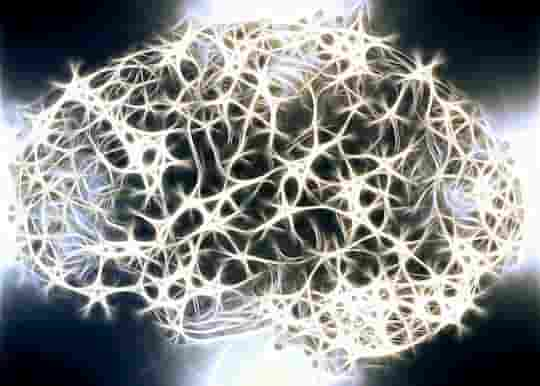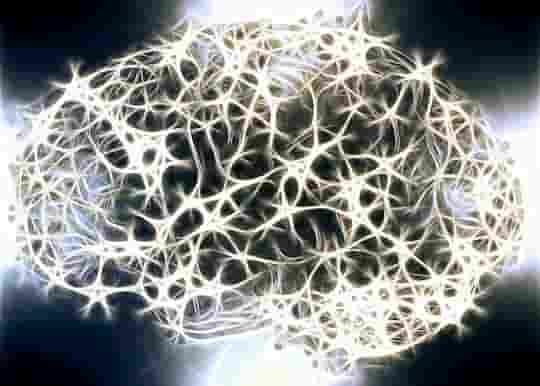A pinch of this spice puts your immune system on guard.
A pinch of this spice puts your immune system on guard.
Consuming even a tiny amount of pungent ginger compounds could strengthen the immune system.
The spice is traditionally considered an anti-nausea and anti-inflammatory natural remedy.
Ginger contains natural compounds such as gingerol, paradol, zingerone, and shogaol, which are known for their antioxidant activities and boosting the immune system.
Recent laboratory tests carried out by Professor Veronika Somoza and colleagues at Leibniz Institute in Germany, confirms the stimulating effect of ginger on the immune system.
The results show that drinking ginger tea enhanced the white blood cell response against bacterial infection.
Apparently, within 30 to 60 minutes after drinking a litre of ginger tea, a considerable amounts of pungent compounds entered the bloodstream.
The highest levels belonged to [6]-gingerol (gingerol) with a concentration of seven to 17 micrograms per litre (µg/l) in the blood.
Gingerol is a compound responsible for the sharpness of taste and smell of ginger.
How gingerol works
To see how gingerol works, the researchers first identified key receptors on neutrophils.
Neutrophils make up the majority of white blood cells that fight bacteria entering the body.
Next the team discovered that even a small amount of gingerol (equivalent to 15 µg/l) was enough to increase the vigilance of white blood cells.
The results revealed that the cells stimulated with gingerol had a 30 percent stronger response to a bacterial infection.
Dr Gaby Andersen, the study’s first author, said:
“Thus, at least in experiments, very low [6]-gingerol concentrations are sufficient to affect the activity of immune cells via the TRPV1 receptor.
In blood, these concentrations could theoretically be achieved by consuming about one liter of ginger tea.”
Professor Veronika Somoza, study senior author, said:
“So, our results support the assumption that the intake of common amounts of ginger may be sufficient to modulate cellular responses of the immune system.
Nevertheless, there are still many unanswered questions at the molecular, epidemiological and medical levels that need to be addressed with the help of modern food and health research.”
Related
The study was published in the journal Molecular Nutrition & Food Research (Andersen et al., 2023).












